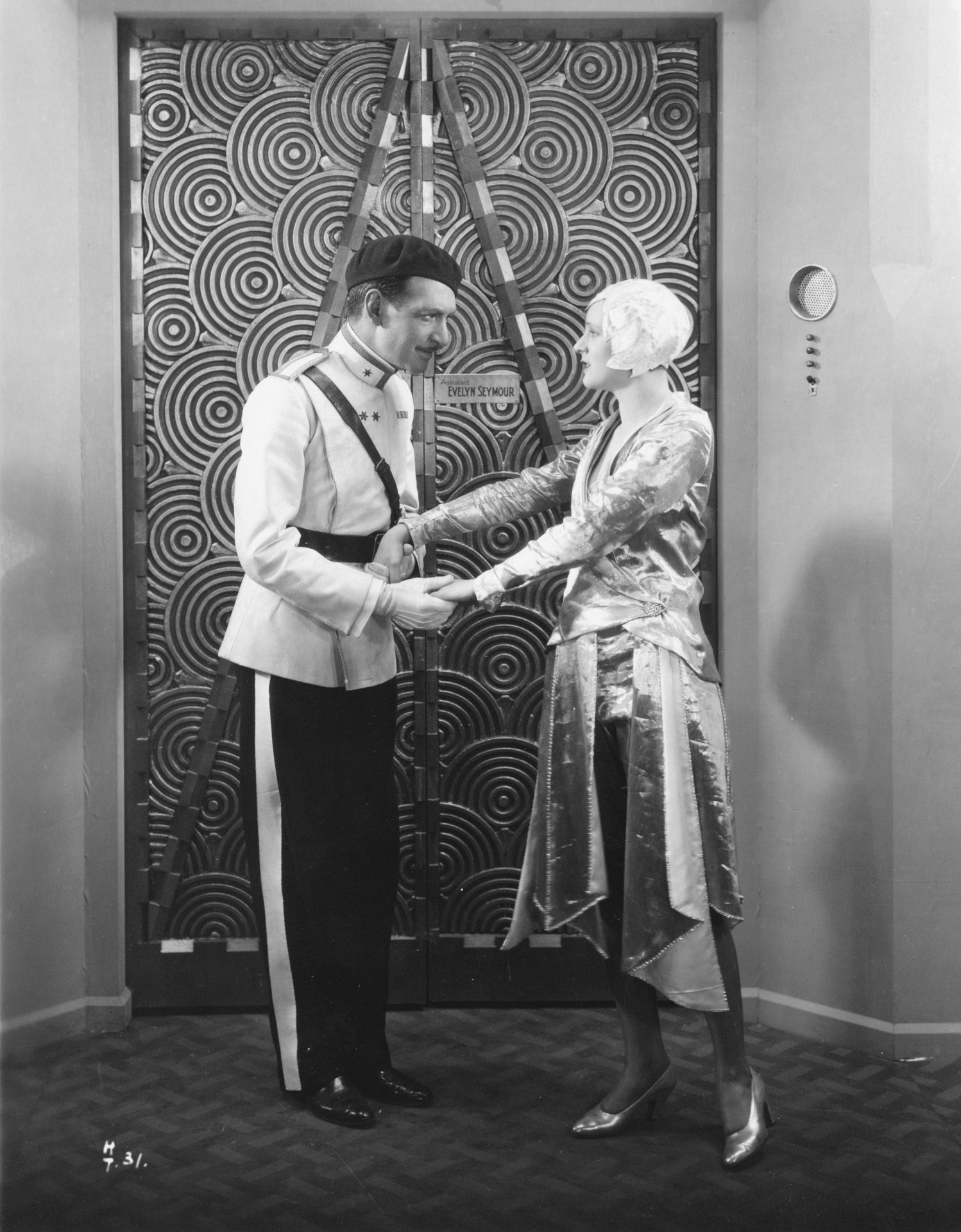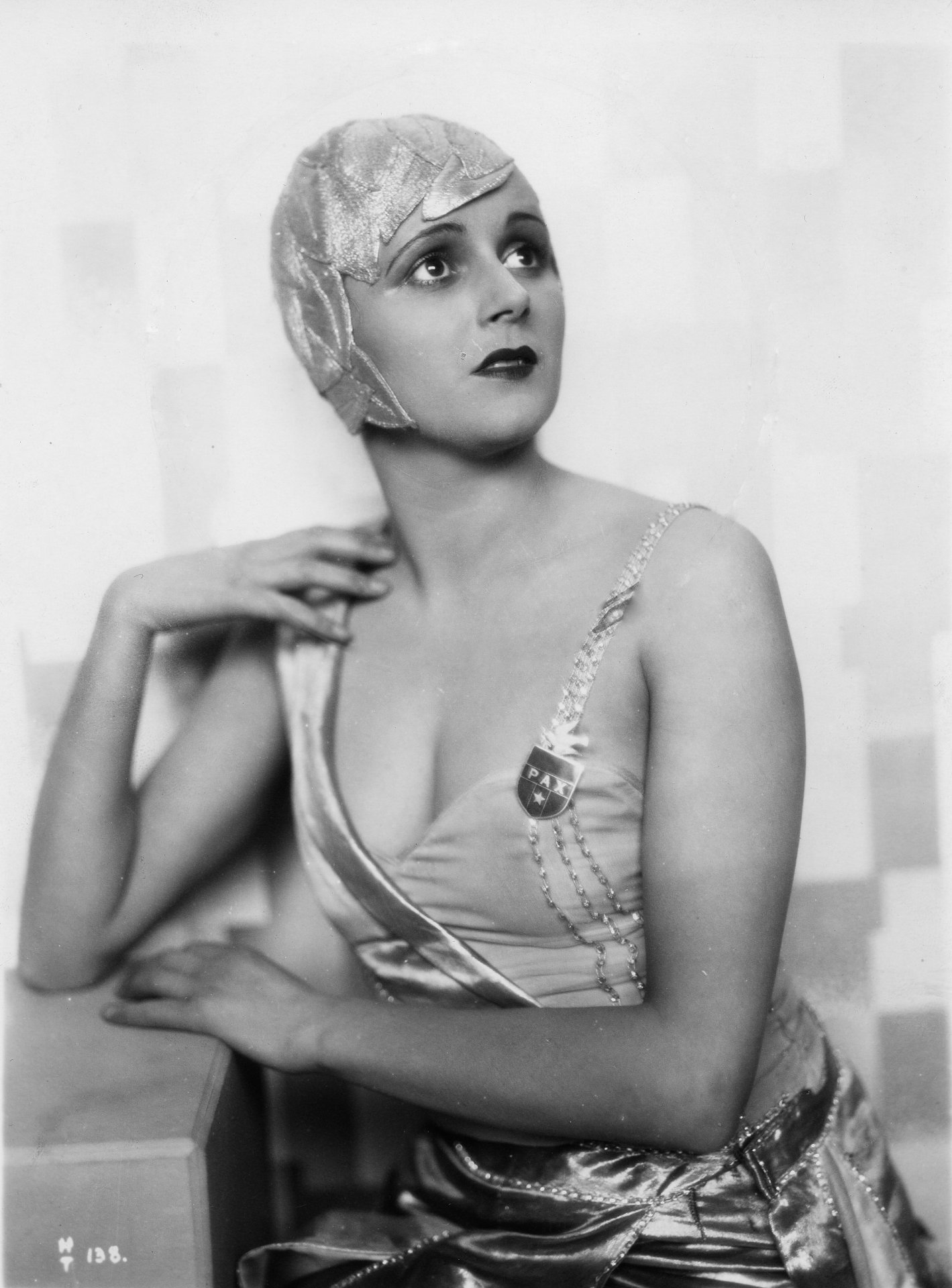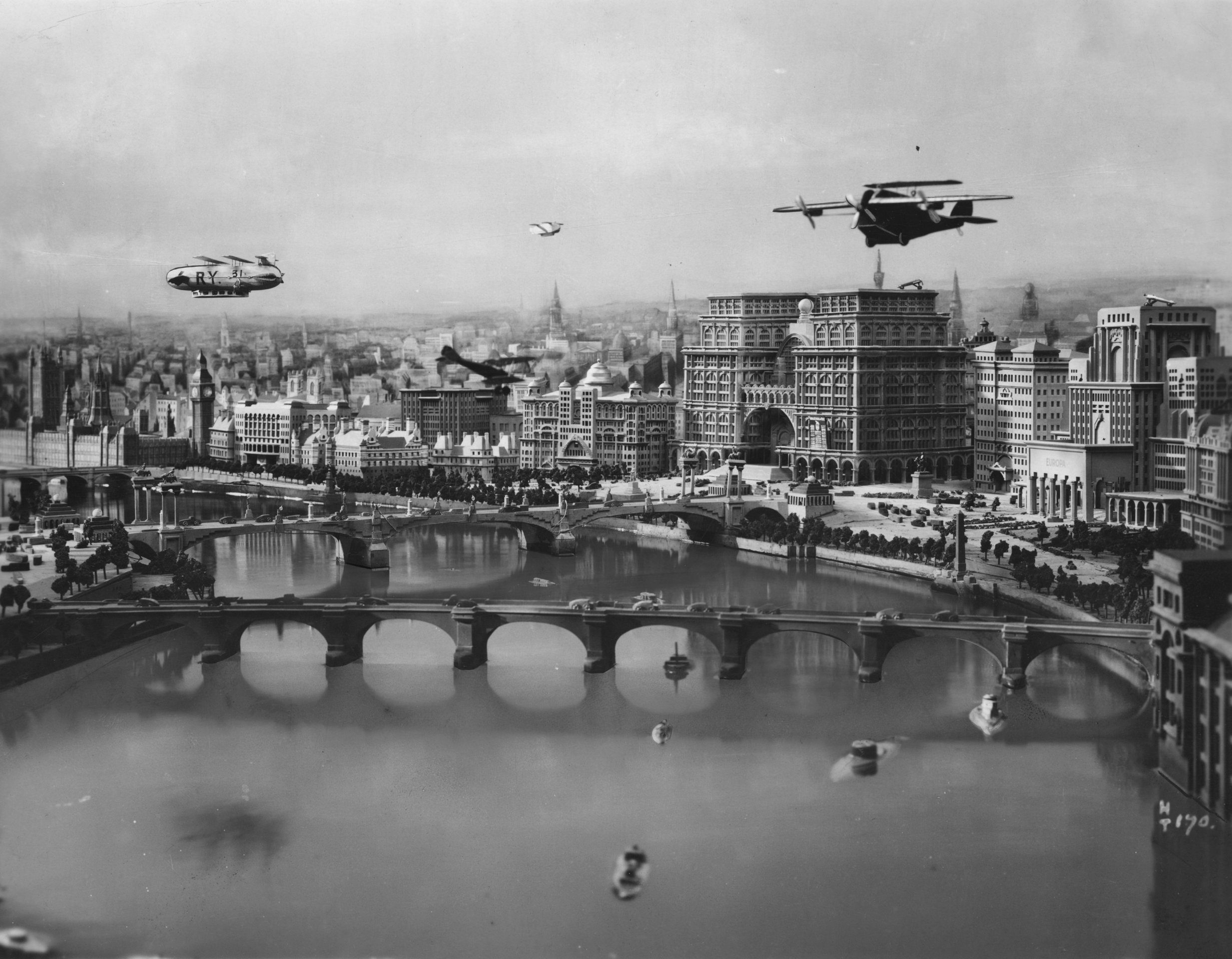High Treason
(High Treason)
Great Britain 1929, 78'
Director: Maurice Elvey
Screenplay: The L'Estrange Fawcett, based on the play by Noel Pemberton-Billing
Cast: Jameson Thomas, Benita Hume, Basil Gill, Humberton Wright, Clifford Heatherley, Kiyoshi Takasake, Raymond Massey
Producer: Gaumont Company Ltd.
35mm
Source: British Film Institute
Translation: ANG / PL / Introduction in the Polish Sign Language
A band of evil arms dealers plots to blow up the Channel Tunnel and fly planes into tall buildings in New York, driving two great super-powers to the brink of war. Will London’s Peace League be able to save the world?
High Treason is set in the London of the future. The city’s skyline, as designed by art director Andrew Mazzei, is strongly reminiscent of Metropolis (1927), with great skyscrapers, double-deck streets, airships and helicopters and bullet-shaped trains on elevated railways, although there the similarity ends. Based on a play by maverick British politician and inventor, Noel Pemberton-Billing, the futuristic setting allows for a part playful, part philosophical debate on war versus peace, empire, patriotism, and gender equality; all preoccupations of the inter-war years.
The opening title places us in 1950 (1940 in the sound version of the film) on “A continental frontier between Europe and the Atlantic States” and a minor border incident that sets two great international power blocs against each other. Britain is part of the ‘United States of Europe’, which seems to incorporate Africa, India, and Australasia, while the ‘Empire of the Atlantic States’ groups together the Americas, Japan, and China. In this Orwellian society, Governments communicate directly to the populace via huge screens and speakers, and the political leaders can mobilise aerial warfare, with male and female conscripts ready to scramble at a moment’s notice.
The futuristic technology has a lighter side, with a distinct air of luxury in the London home of Dr Seymour, head of the Peace League, whose daughter Evelyn (played by the delightful Benita Hume) makes a date with her boyfriend Michael Deane (Jameson Thomas), over a video phone. As she prepares to go out dancing, an entirely gratuitous dressing scene demonstrates the latest in shower technology, which both washes and dries, and we see her dress in silver lamé, so indicative of progressive future in the 1920s. The gorgeous costumes were designed by Gordon Conway to indicate the practicality of female garments in an age of gender equality – a very stylish combination of skirts with knee breeches which looked good on the dance floor, dancing the ‘Hesitation One-Step’ to an automaton orchestra.
The plot turns more serious as we encounter a secret group of arms dealers, who are plotting to increase sales by sparking off conflict between the two super-powers. The horrific consequences of an explosive device blowing up a train in the Channel Tunnel and the aerial bombing of New York are powerfully rendered by director Maurice Elvey. The possibility of all-out war divides the pacifist Evelyn from her lover Michael, head of the air corps, and a male/female stand-off ensues, as Evelyn’s father makes a drastic intervention to maintain peace.
The film was made, as most films in 1929 Britain, in silent and talkie versions – with the silent version being more elegant. Maurice Elvey had been beaten to first place in the race to produce Britain’s first all-talkie picture by Hitchcock’s Blackmail, but he tried to make up for it with this slightly crazy sci-fi film with a strong aesthetic presence that has captivated audiences ever since.
By Bryony Dixon
The screening will be preceded by a lecture delivered by Bryony Dixon and a series of short films, accompanied by music from the Rysy band.
live music: Rysy
SUNDAY | SEPTEMBER 21 | 20:00 | SALA STOLICA
introduction: Marta Stańczyk




